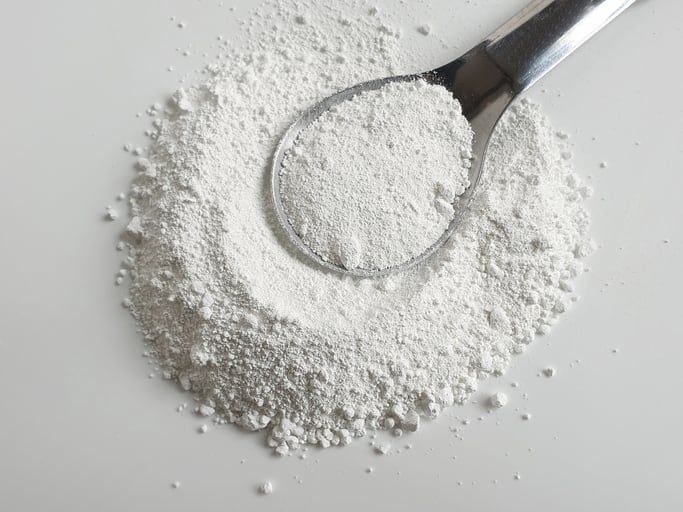Titanium dioxide, currently a permitted food additive in the EU, has come under scrutiny because of studies linking it to negative health effects including damage to the intestinal flora and the development of cancers. Its detractors add that that the colorant serves no nutritional value.
The European Parliament Committee on Environment, Public Health and Food Safety (ENVI) vote concerned a proposal by the European Commission to revise the specification for E171. This plan would actually set stricter standards on how much E171 could be used in food products, and were based on the scientific opinion of the European Food Safety Authority (EFSA) published in July last year.
But the ENVI Committee voted against the more stringent specifications and voted in favour instead of an amendment calling for an outright ban on E171 as a food additive.
The amendment noted that “a significant number of recent scientific publications have questioned the safety of titanium dioxide and highlighted potential risks related to its consumption”.
France will ban the use of E171 as a food additive from this year after the French Agency for Food, Environmental and Occupational Health and Safety (ANSES) identified possible carcinogenic impacts of titanium dioxide and said there was not enough evidence to guarantee the safety of the substance.
The Dutch Office for Risk Assessment and Research has also highlighted data gaps and uncertainties, while the US National Institute for Occupational Safety and Health has too determined that exposure to E 171 should be considered a potential occupational carcinogen.
According to the ENVI Committee amendment “concerns over the potential toxicity of titanium dioxide for consumers cannot be dispelled.” It added that the substance is “only used for aesthetic purposes and has no nutritional value, nor does it fulfil any beneficial technological function in food.”
The EC’s proposals to revise the specification for E171 will now go to a plenary session vote in the European Parliament.
The current approval for E171 will remain in force in the EU
Despite the net result being that less stringent specifications on E171 are still in place in the EU, the Brussels-based consumer health group Safe Food Advocacy Europe said it hoped the vote of the 78-member ENVI Committee would “encourage the Commission to promote a complete removal of titanium dioxide nanoparticles from our food products”.
A spokesperson told FoodNavigator “I'm encouraged by the fact that ENVI supported our views. It will take a lot of campaigning to have our views confirmed in plenary though. But should the second vote confirm this one, it would be a really positive thing and the EC will have to act accordingly. So we are putting a lot of hope in the plenary vote.”
A SAFE petition, meanwhile, calling for the removal of titanium dioxide from food products, has gathered over 85,000 signatures.
Titanium dioxide has been used as a colourant in many industries for around 100 years
E171 is used as a white colorant in over 900 food items including chocolate, chewing gum and mayonnaise. It has been an authorised food additive in Europe since 1969. It has gone through several re-evaluations by the European Food Standards Agency (in 2004, 2016, 2018 and 2019). Another assessment from the EFSA is expected in March 2021.
The Titanium Dioxide Manufacturers Association, which represents E171 producers, believes the data that have put the safety of the additive into question are flawed.
For example, one French government-funded study that influenced the decision to ban E171 in the country claimed that the additive causes digestive inflammation and lesions in rats. But this research was accused of containing ‘significant flaws’ by researchers from Michigan State University (MSU) and University of Nebraska Medical Center (UNMC). Their research (partially funded by the Grocery Manufacturers Association, the International Association of Color Manufacturers and the TDMA), published in Food and Chemical Toxicology, found no evidence of negative health effects after replicating and correcting testing methods used in the previous research.
A TDMA spokesperson told us that in its previous assessments, the EFSA considered all “available evidence” including the opinion of ANSES.
“The EFSA raised additional questions in their opinions which the Titanium Dioxide Manufacturers Association (TDMA) is answering. This is a normal part of the EU’s scientific and approval process for food additives. The initial results of the new scientific studies were reported in June 2020 to EFSA showing no health risks. The final report expected by the end of the year.
“The TDMA believes that the European Commission will stand behind science-based policy making and the scientific opinion of its own agency, the EFSA.”



